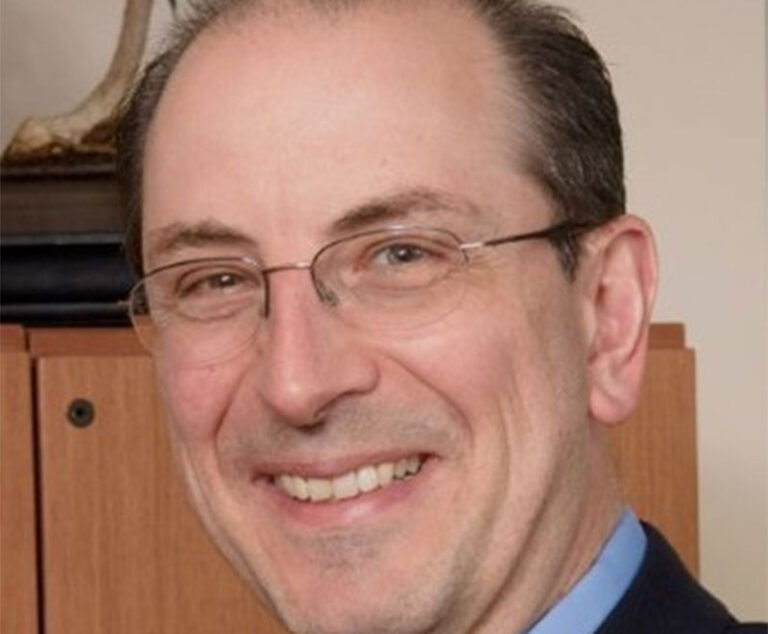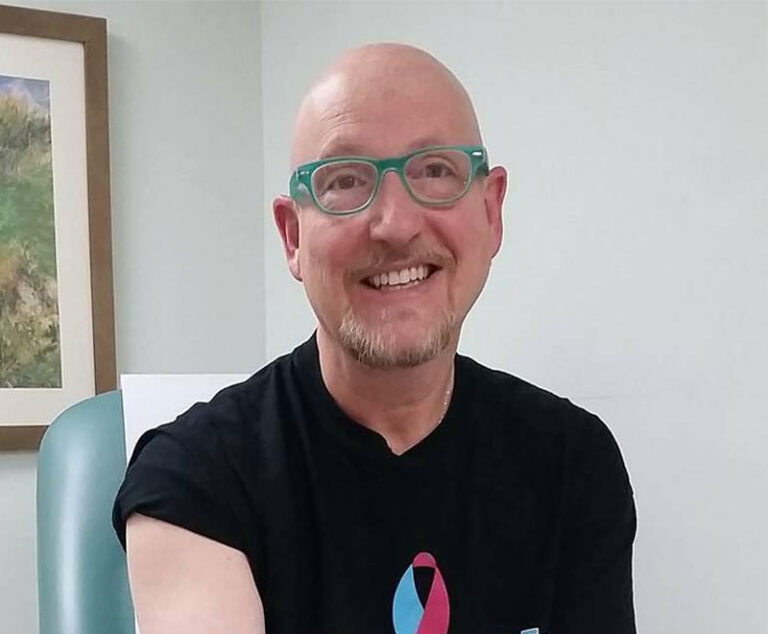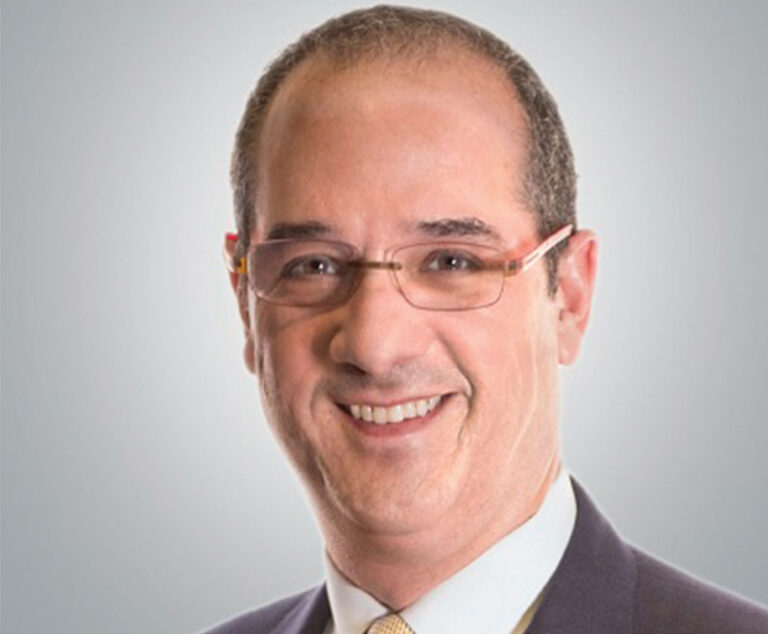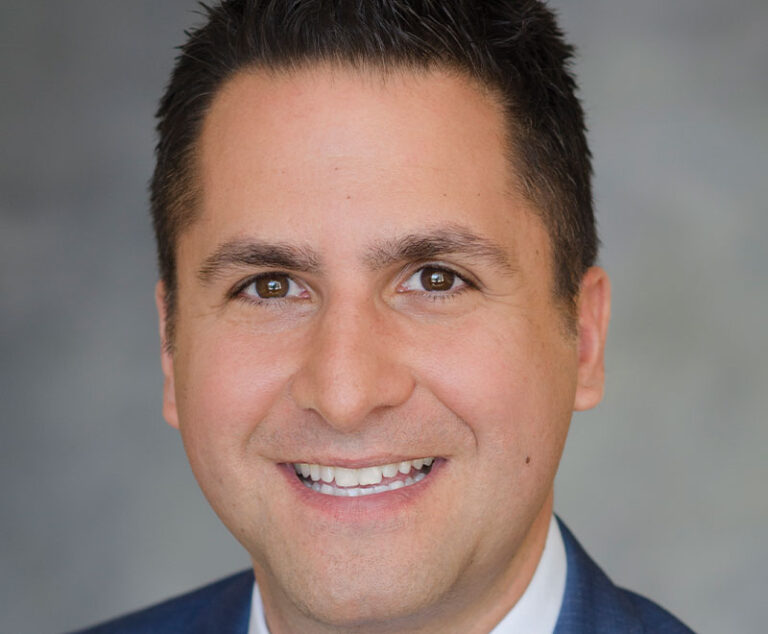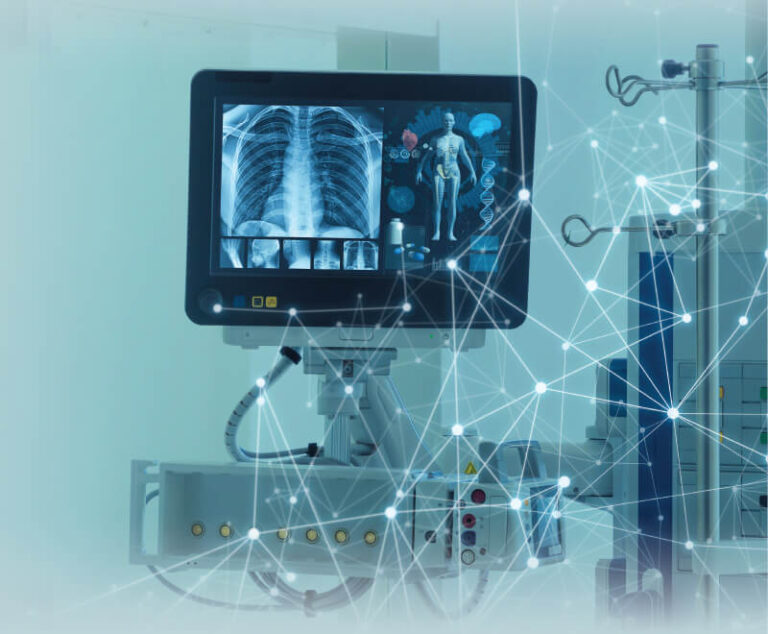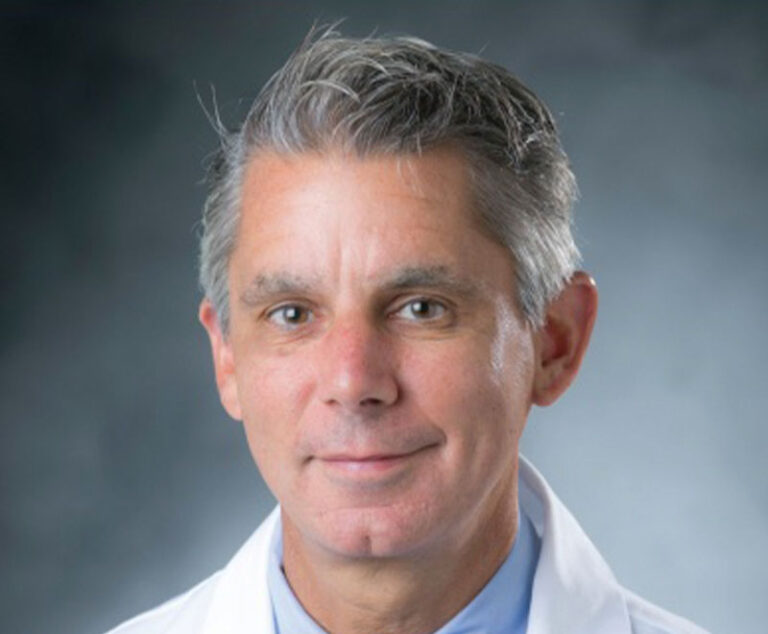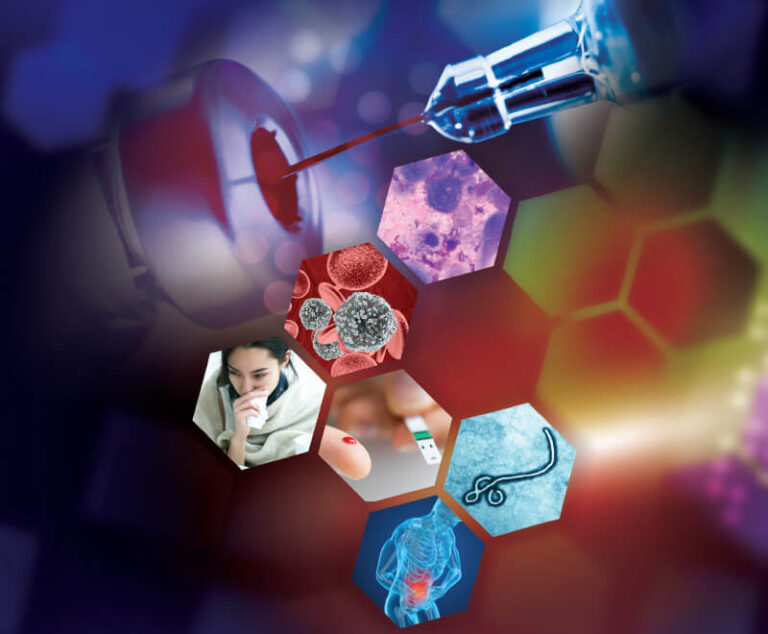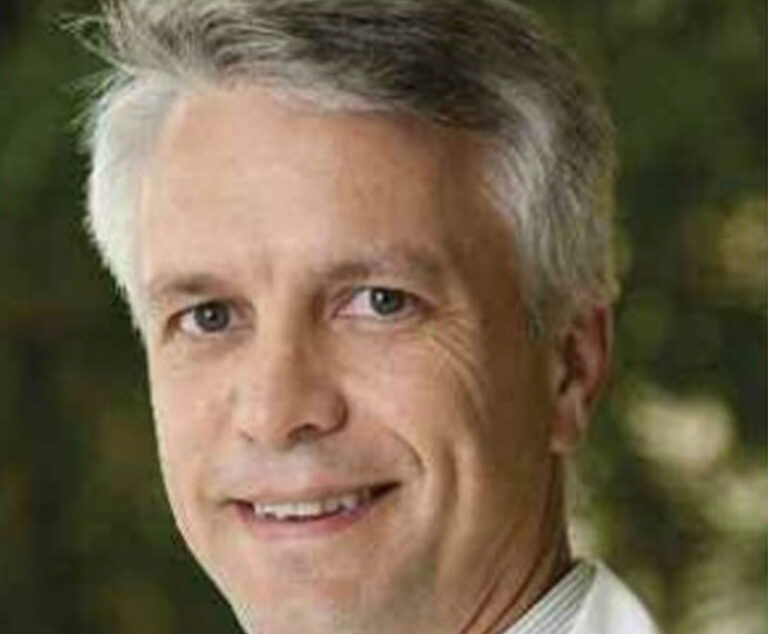Perspectives
Professionals, Providers & Patients
Healthcare has made great strides over the years when it comes to safety, but there is always room for improvement.
After being diagnosed with male breast cancer, cancer scientist Oliver Bogler, PhD, now advocates for more research to better understand the disease in men and how to treat it.
When Michael Singer was diagnosed with breast cancer at 50 years old, he was embarrassed. But, he soon learned his voice could make a difference for the 1 percent of men affected by this disease.
Dr. Todd Levine is a neurologist who specializes in immune-mediated neuropathies that are often treated with immune globulin
From antibiotic-resistant diseases to looming physician shortages, many challenges and changes continue to shape the healthcare industry.
Dominick Spatafora, who suffers from lower motor neuron syndrome, founded the Neuropathy Action Foundation to educate patients and providers about neuropathy and empower them to become their own advocates.
Modern methods of diagnosing and treating diseases continue to make exciting advances, several of which we highlight in this issue
This former cancer patient says medical marijuana is the reason she was able to survive stage 3 ovarian cancer.
Dr. David Casarett conducts research about safe use of medical marijuana. He is the author of Stoned: A Doctor’s Case for Medical Marijuana.
Vaccines remain an integral part of preventative medicine, and new and exciting vaccine developments are advancing patient care.
National Hemophilia Foundation CEO Val Bias has been living with hemophilia since birth, and now advocates for other hemophilia patients.
Dr. Steven Pipe, an inherited and acquired bleeding and thrombotic disorders specialist, explains promising hemophilia therapies.

